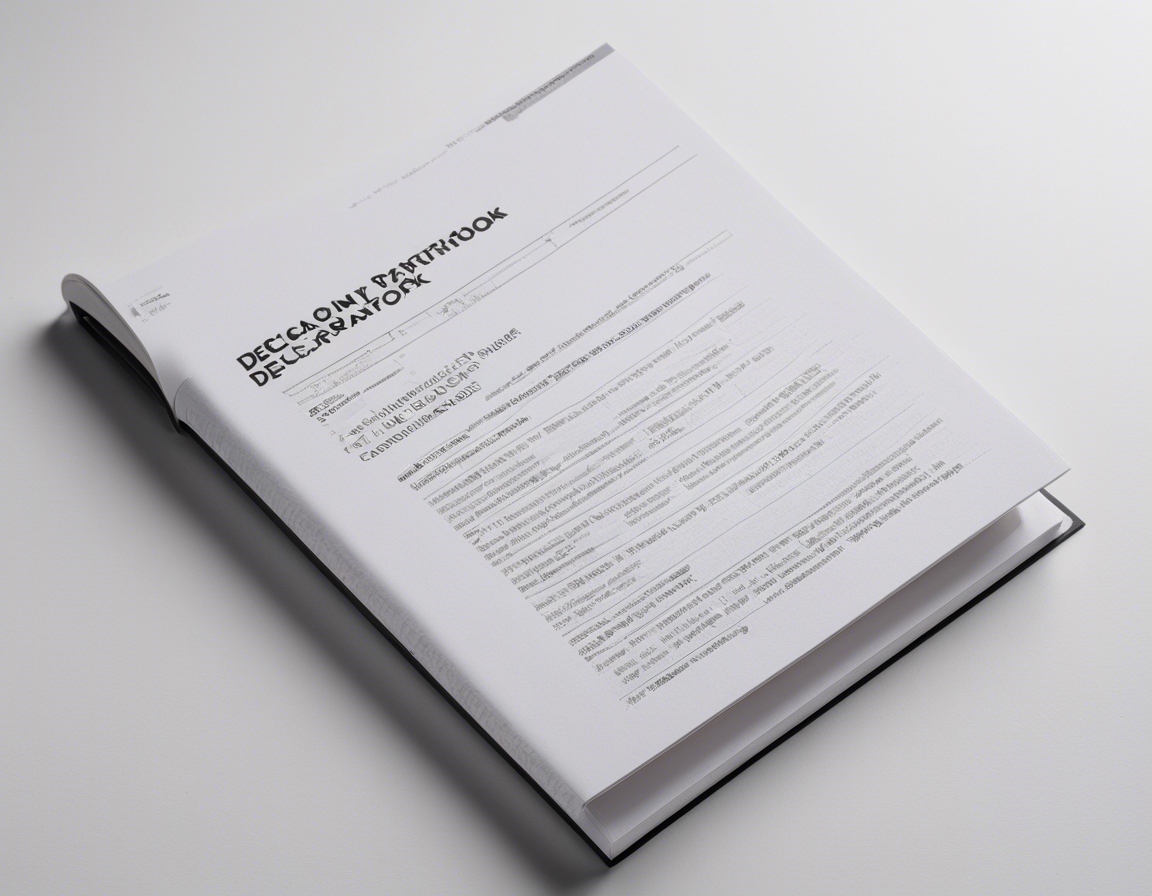5 common startup accounting mistakes and how to avoid them
For startups, the path to success is fraught with challenges, and financial management is one of the most critical. Accounting mistakes can be a major pitfall for new businesses, often leading to serious consequences that can hinder growth or even lead to failure. In this post, we'll explore five common accounting errors that startups encounter and provide actionable advice on how to avoid them.
Understanding the Importance of Accurate Accounting
Accounting is the backbone of any successful business. It provides the financial insights necessary for informed decision-making, helps attract investors by showcasing fiscal responsibility, and ensures compliance with tax laws and regulations.
Mistakes in accounting can have long-lasting effects, including financial penalties, damaged investor relationships, and a tarnished reputation. It's crucial for startups to establish solid accounting practices early on to avoid these pitfalls.
Mistake #1: Mixing Personal and Business Finances
Using personal accounts for business transactions can lead to tax complications, difficulties in tracking expenses, and challenges in measuring the company's financial performance.
Start by opening a business bank account and obtaining a business credit card. Use these exclusively for business transactions to maintain clear financial boundaries.
Mistake #2: Neglecting to Implement a Proper Accounting System
Manual accounting is time-consuming and prone to human error. Without an automated system, it's difficult to keep up with the volume of transactions that a growing startup encounters.
Invest in reliable accounting software that matches your business needs. Look for features like cloud-based access, scalability, and integration with other business tools.
Mistake #3: Overlooking Tax Obligations
Startups must navigate a variety of tax obligations, from income tax to sales tax. Each has its own set of rules and deadlines.
Stay informed about tax laws, maintain organized records, and consider working with a tax professional to ensure compliance and optimize tax benefits.
Mistake #4: Poor Cash Flow Management
Cash flow is the lifeblood of any business. Insufficient cash flow can lead to an inability to pay suppliers, employees, or even continue operations.
Monitor cash flow regularly, establish a cash reserve, and manage receivables and payables strategically to maintain a healthy cash balance.
Mistake #5: Not Keeping Accurate Records
Accurate records are essential for financial analysis, tax preparation, and legal compliance. They also provide a clear picture of the business's financial health.
Implement a consistent record-keeping system, conduct regular audits, and use accounting software to track all financial transactions accurately.






Comments (0)